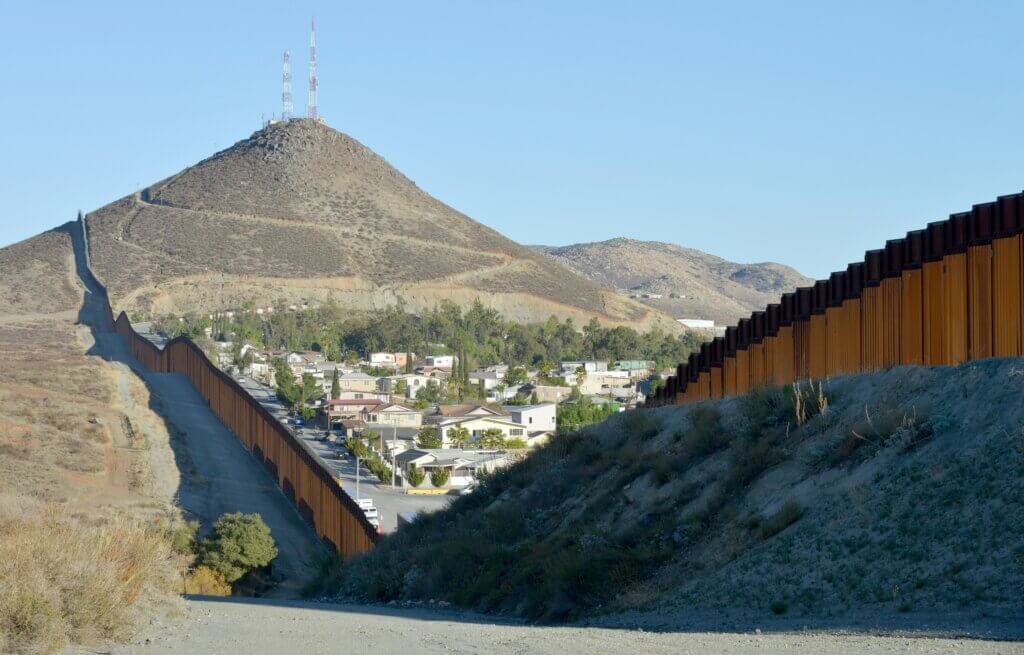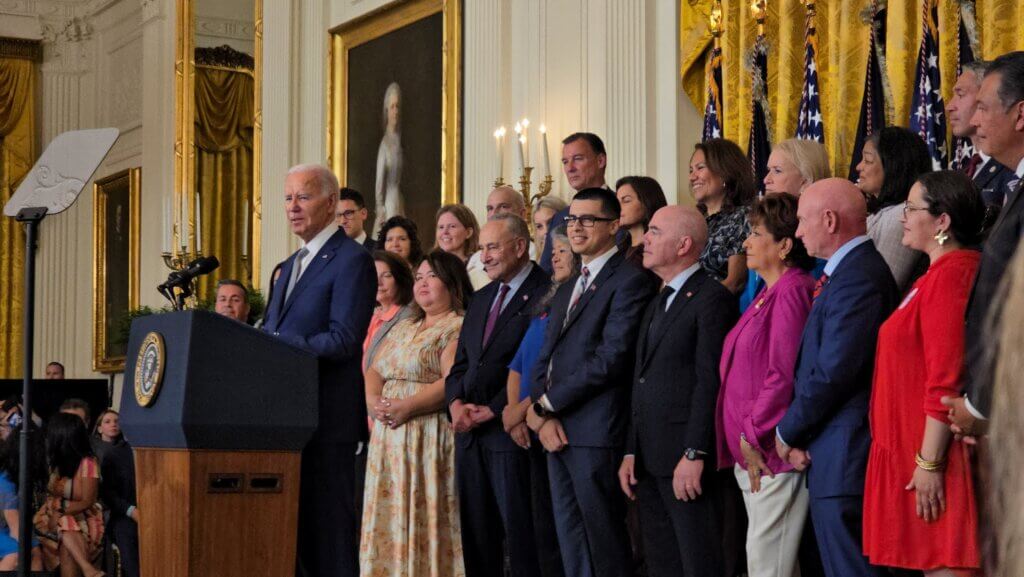Upholding the DREAM: DACA Students Learn about Community Advocacy
Since 2012, the Deferred Action for Childhood Arrivals (DACA) policy has given young people brought as children to the United States a shot at the American Dream by granting them protection for attending college and obtaining renewable work authorization in two-year increments. But there are still so many obstacles that they face, and one of the biggest is just around the corner.
On November 12, the U.S. Supreme Court will hear oral arguments on three DACA cases that could determine the fate of the entire program. The process could take a while—maybe even a year—spiking the anxiety levels of many recipients who already feel fearful and isolated amid a rise in racist, xenophobic attitudes, and hate crimes, especially in communities where few people share their experiences.
The UnidosUS Annual Conference is a safe place where youth in situations like these can find moral support and networking opportunities. But how do you pay for the cost of travel and registration when you’re already struggling to pay for the $495 cost of applying for or renewing DACA status while trying to pay for school or starting a new job?
Former elected official and longtime Miami immigration lawyer Enrique Gonzalez is looking for ways to tackle all of these concerns, but the latter was one he knew he could quickly address when he accepted a position this year on the UnidosUS Board of Directors.
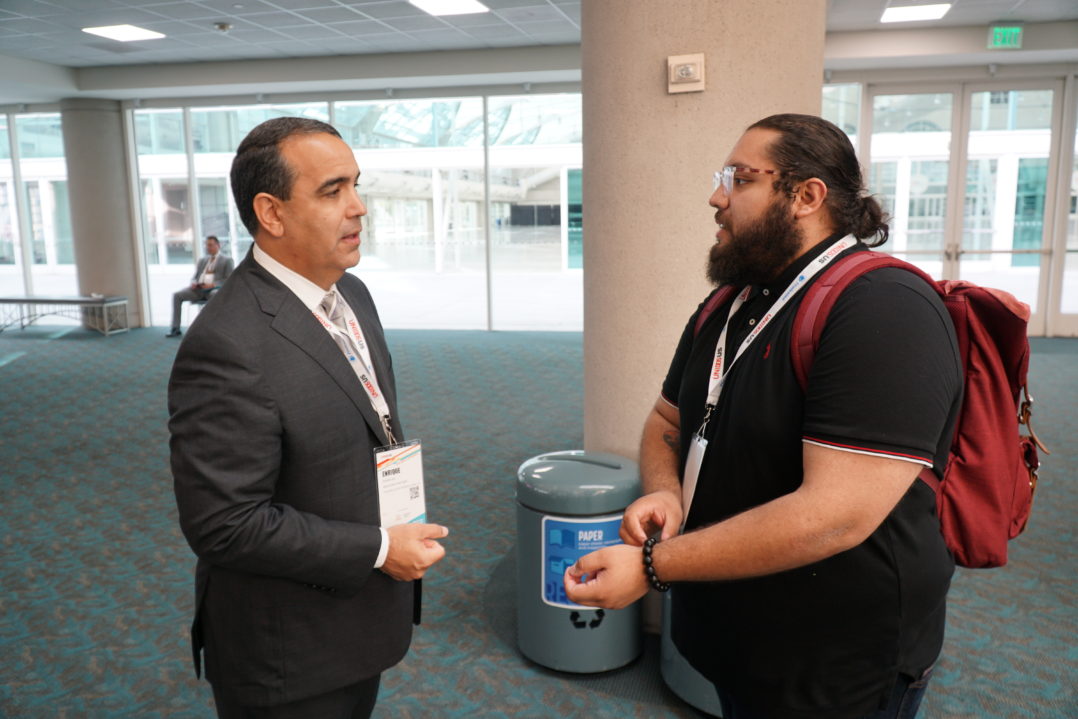
“I’m a Latino and at this stage of my life it is important to serve as a role model for the future generations of Latinos in our country,” said Gonzalez, who is Cuban American.
In 2013, Gonzalez served as Special Counsel to the four Republican Senators leading the effort for comprehensive immigration reform, seeking to modernize the U.S. immigration system as well as to address the legalization of the country’s undocumented population. The bill passed the Senate but did not make it through the House, leaving him with a desire to “finish what we started.”
Around that same time, his eldest daughter, a recent graduate of New York’s Barnard College, created a nonprofit organization called Deferred Action for Dreamers (D.A.D.) that offered DACA clinics to help potential recipients register and raise money to cover the government application fees. Sponsoring five DACA recipients who are involved with UnidosUS Affiliates to attend the Annual Conference—and then paying for the students’ DACA renewal fees—seemed like an extension of his family and professional values, so he convinced his law firm Fragomen, Del Rey, Bernsen & Loewy to help him do just that.
“I’m very grateful,” said sponsorship recipient Daniel Casula Hernandez, an information systems major at Cleveland State University in Ohio, one of the five sponsored DACA students who attended the UnidosUS 2019 Annual Conference in San Diego in early August. “He gave us his business card and told us he wanted us to update him on our DACA situation and to let us know when we want to renew it. I’ll definitely be getting in touch with him and giving him updates,” he said.
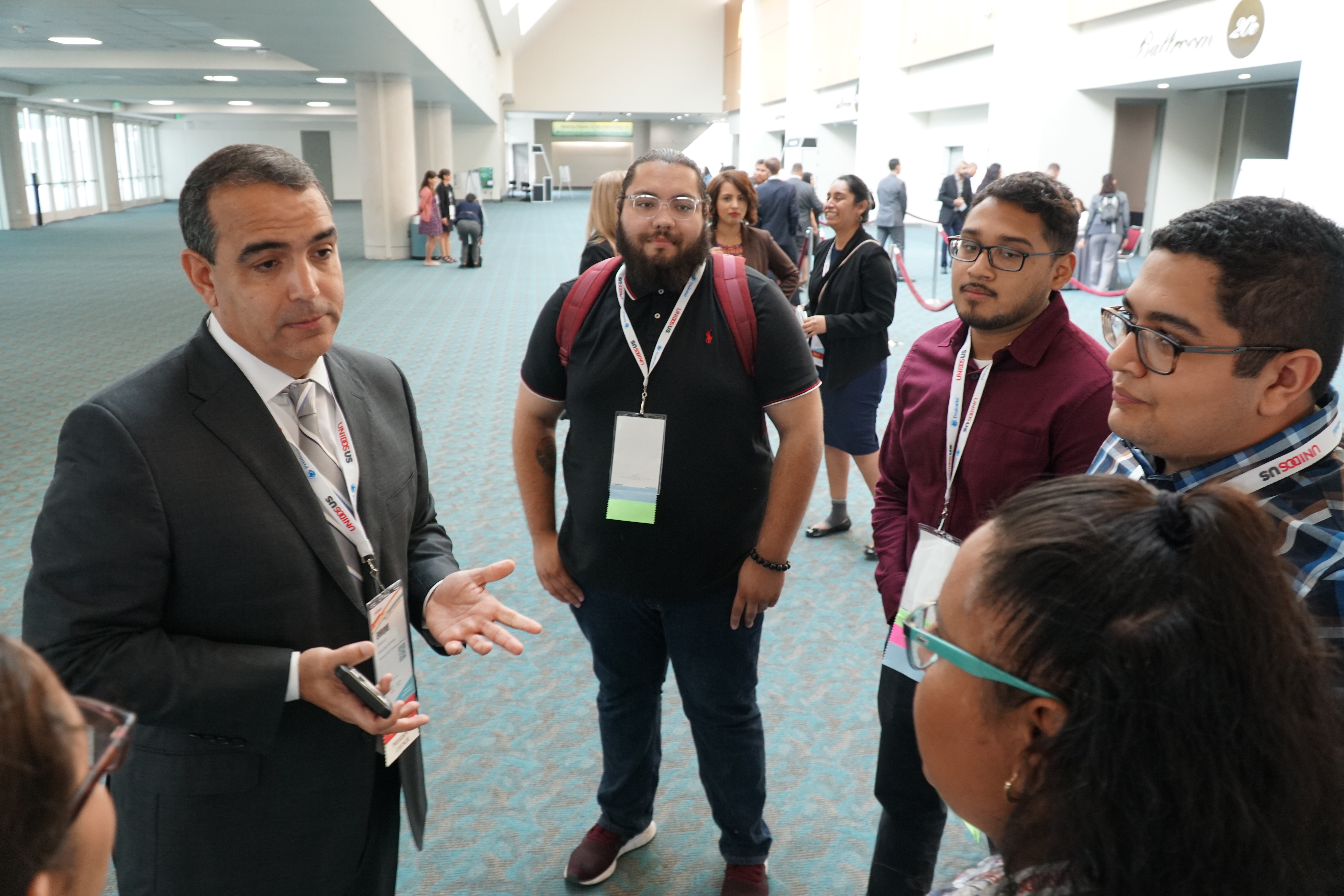
And in the meantime, the Conference workshops gave Hernandez a chance to think about how he’ll pay such gestures forward.
“I think the best one so far has been the introduction, the Future Changemakers one because I learned how important it is to build bridges and make connections with people. You don’t know down the line how they can help you or you can help them,” Hernandez said during a meeting with Gonzalez at the Conference.
Jorge Contreras, a biology major at the University of Texas Rio Grande, said the experience gave him ideas for advocacy work he’d like to do in his community, and gave him a reason to brave the current immigration climate by flying out of the state for the first time.
“Border Patrol is everywhere, especially in the terminals. That’s why I planned my trip two hours earlier. I didn’t know if I was going to get detained and be processed,” he said. “I was pretty nervous. I was happy to get here. I was happy to meet my friend Enrique.”
But like Hernandez, the most exciting part was gathering ideas on community outreach from other Conference participants.
“In my future plans, I want to create these programs in the Rio Grande Valley for literacy, financial literacy, and I’m able to see the perspectives of how other people have done it and also get the connections.”
Yoctzy Perez, an elementary education major at Southwest State University in Marshall, Minnesota, said she welcome the opportunity to be in a space with so many Latino students and young professionals.
“I feel like I’m in an environment where I belong,” she said. “It’s nice to see other people like me, people I can relate to—their stories, their personal lives.”

As one of just about a dozen DACA recipients at Tri-C Community College in Cleveland, Ohio, nursing major Emma Macias Villegas said it was a relief to find so many more young people at the Conference who shared her status, and hence, her struggles. But she also enjoyed the chance to learn about other struggles related to the Latino experience, especially those surrounding questions of race.
“I really enjoyed the AfroLatinx workshop I went to. It was nice to hear their stories. People expect them to identify themselves as either Black or Mexican, like they can’t be both,” she said, referencing panelist Amanda Edgerton, whose Mexican mother and African father raised her between central California and Georgia, both places where those identifying as one or the other rarely interacted.
That same workshop also featured Afro-Dominican panelist Vanity Duran, an Entre Mujeres youth leader at the UnidosUS Affiliate Enterprising Latinas in Wimauma, Florida whospoke of identifying with her Black peers while growing up in New Jersey and Florida, and then learning more about her Black and Latino history at a historically Black college at Florida A & M University in Tallahassee.
“They have so many different identities and that’s like wow, because a lot of people don’t relate,” said Macias Villegas, adding that learning of their feelings of isolation and their search for a more multifaceted identity made her feel even more connected.
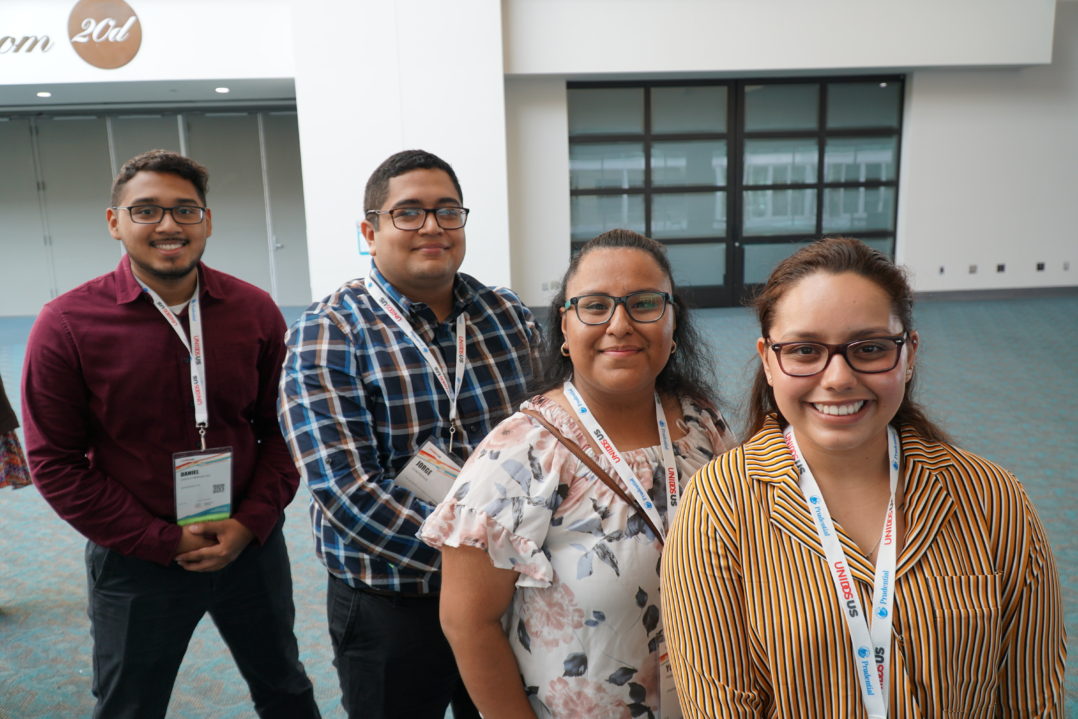
“Even though we have different stories, we’re still relatable after all. Our stories relate somehow,” she said. And that relatability was certainly felt between these five DACA students and Gonzalez.
“It was awesome to meet Enrique. He was really nice and he knew our stories and our struggle,” said Alvaro Benitez Gonzalez, a computer engineering major at St. Mary University in San Antonio, Texas. “It was a really great feeling to talk to someone like that and be able to connect on a personal level.”
Author Julienne Gage is an UnidosUS senior web content manager and the editor of ProgressReport.co.



